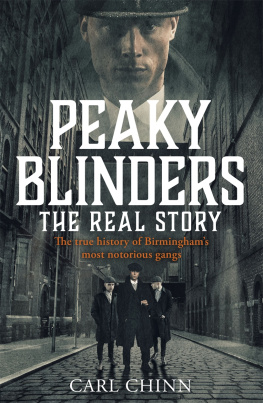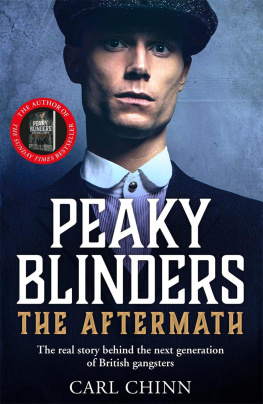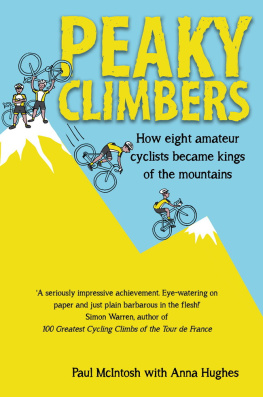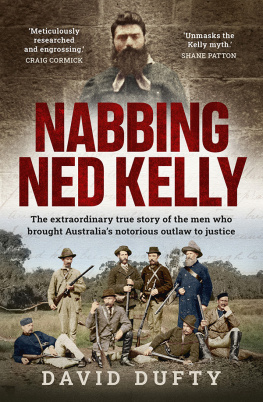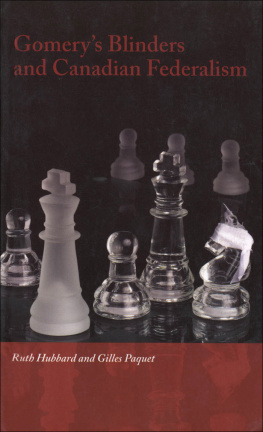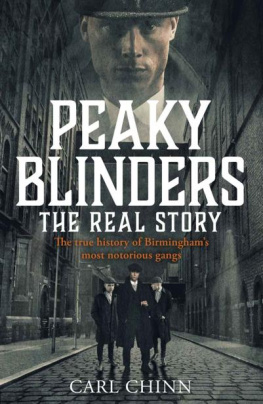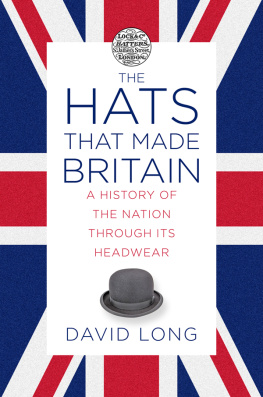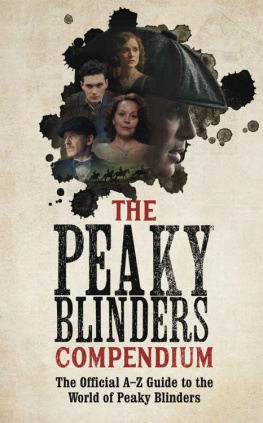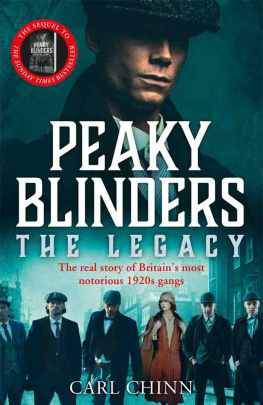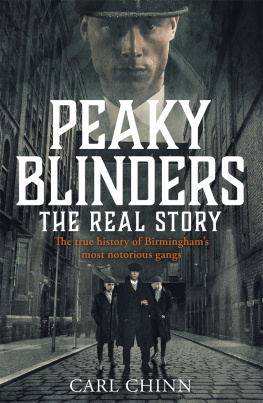Contents
Pagebreaks of the print version
PEAKY BLINDERS
Professor Carl Chinn, MBE, PhD, is a social historian, writer, public speaker, and teacher. An off-course bookmaker himself until 1984, he is the son and grandson of illegal bookmakers in Sparkbrook, whilst his mothers family were factory workers in Aston. His writings are deeply affected by his familys working-class background and life in the back-to-backs of Birmingham, and have earned him a national following. He believes passionately that history must be democratised because each and every person has made their mark upon history and has a story to tell. Peaky Blinders: The Real Story is his thirty-third book.
PEAKY BLINDERS
THE REAL STORY
The true history of Birminghams most notorious gangs
CARL CHINN

Published by John Blake Publishing,
The Plaza,
535 Kings Road,
Chelsea Harbour,
London SW10 0SZ
www.facebook.com/johnblakebooks 
twitter.com/jblakebooks 
First published in paperback in 2019
Paperback ISBN: 978 1 78946 172 5
Ebook ISBN: 978 1 78946 173 2
All rights reserved. No part of this publication may be reproduced, stored in a retrieval system, or transmitted in any form or by any means, without the prior permission in writing of the publisher, nor be otherwise circulated in any form of binding or cover other than that in which it is published and without a similar condition including this condition being imposed on the subsequent purchaser.
British Library Cataloguing-in-Publication Data:
A catalogue record for this book is available from the British Library.
Design by www.envydesign.co.uk
Text copyright Carl Chinn
The right of Carl Chinn to be identified as the author of this work has been asserted by him in accordance with the Copyright, Designs and Patents Act 1988.
Every reasonable effort has been made to trace copyright-holders of material reproduced in this book, but if any have been inadvertently overlooked the publishers would be glad to hear from them.
John Blake Publishing is an imprint of Bonnier Books UK
www.bonnierbooks.co.uk
The real gangs of Birmingham ruled the lives of backstreet Brummies for generations, and so it is to the hardworking, law-abiding and decent majority of the working class that this book is dedicated.
Unglamorous as their lives may have been, it is they who are worthy of our respect.

CONTENTS

Born in 1956, like other Brummies of my generation and those gone before, I had heard of the peaky blinders growing up, but I first wrote about them in 1986 in my doctoral thesis on the Ladypool Road neighbourhood of Sparkbrook. It was also in my thesis that I discussed for the first time the importance of Charles Haughton Rafter, the chief constable of Birmingham, who was credited with putting down the peaky blinders. That I was able to do so was thanks to the memories of my great uncle Bill Chinn and great uncle Wal Chinn, born in 1892 and 1897 respectively, who were amongst the first people whom I interviewed as a young oral historian.
Then in 1987, I began researching for my second book, a social history of illegal bookmaking a subject relevant to my background. My granddad Richard Chinn had started up as an illegal back-street bookmaker in 1922, whilst my dad, Alfred Buck Chinn, was raised in the game and went on to oversee the move into legal betting shops in 1961. I worked part-time in the business from when I was thirteen and later ran the familys betting shops in Sparkbrook between 1978 and 1984, when we sold up. Dad, though, remained involved in bookmaking affairs and became president of the Birmingham branch of the Bookmakers Protection Association. It was through his contacts that I was able to interview a number of elderly racecourse bookmakers from London. Amongst them was Simeon Solomon, whose bookmaking name was Sydney Lewis and who was the younger brother of the real Alfie Solomon, fictionalised in the series Peaky Blinders. He and the others I spoke with were the first to inform me about the racecourse war of 1921 that was fought between the Birmingham Gang and the Sabini Gang.
I am deeply grateful to all those people who shared their stories with me during that time and to all those who have done so since, because this book has been enriched by their memories. Similarly, my appreciation goes to those who have allowed me to include photographs from their personal collections. They are: Brian McDonald, who has also generously imparted his unrivalled knowledge of the London gangs; Juliet Banyard and her brother, Justin Jones, the great-grandchildren of the real Billy Kimber from his first marriage; Lesley and Robert Staight, the great-grandchildren of Birmingham Gang member Edward Tuckey; Tommy Garnham, whose father led a small gang from Islington that worked for Billy Kimber; and Mark Hanson, the great-nephew of the labour-movement activist, Jessie Eden.
For the inclusion of photographs from their collections, I thank the Library of Birmingham, the Islington Local History Centre and the West Midlands Police Museum, whose Sparkhill police station volunteers have also delved into their archives for me. The existence of that museum owes much to the indefatigable efforts of the late Dave Cross, who introduced me to its priceless collection of prisoners photographs. Other photos are from the Birmingham Lives Archive at the Library of Birmingham, which developed from my own personal collection.
A book of this type and scale could not have been published without the support and expertise of a highly talented team in fact, two teams. From History West Midlands, I thank: Dr Jenni Butterworth for her thoughtful editing; John and Averil Maskew for the photographic retouching; Peter Bounous for securing the permissions for various photographs. I wish to pay especial tribute to Mike Gibbs, Publishing Director at History West Midlands, for his enthusiasm and commitment to the history of Birmingham and the Black Country and for his belief in my work. The second team is that of Bonnier Books UK and in particular, for their input, enthusiasm and support, I am grateful to: Kelly Ellis, Publishing Director Adult Non-Fiction, Bonnier Books UK; Ellie Carr, Assistant Editor, Bonnier Books UK; and Liz Marvin, Copy Editor. Thanks to all those from other departments within Bonnier Books UK who have contributed to this book.
Finally, I thank my extended family from Sparkbrook, Aston and Highgate for all the stories that they told me and which inspired to be a social historian, and my Dublin wife, Kay, for her understanding of my passion for the history of Birmingham and the urban working class, for her insights into growing up in Finglas West, and for her unwavering backing.


